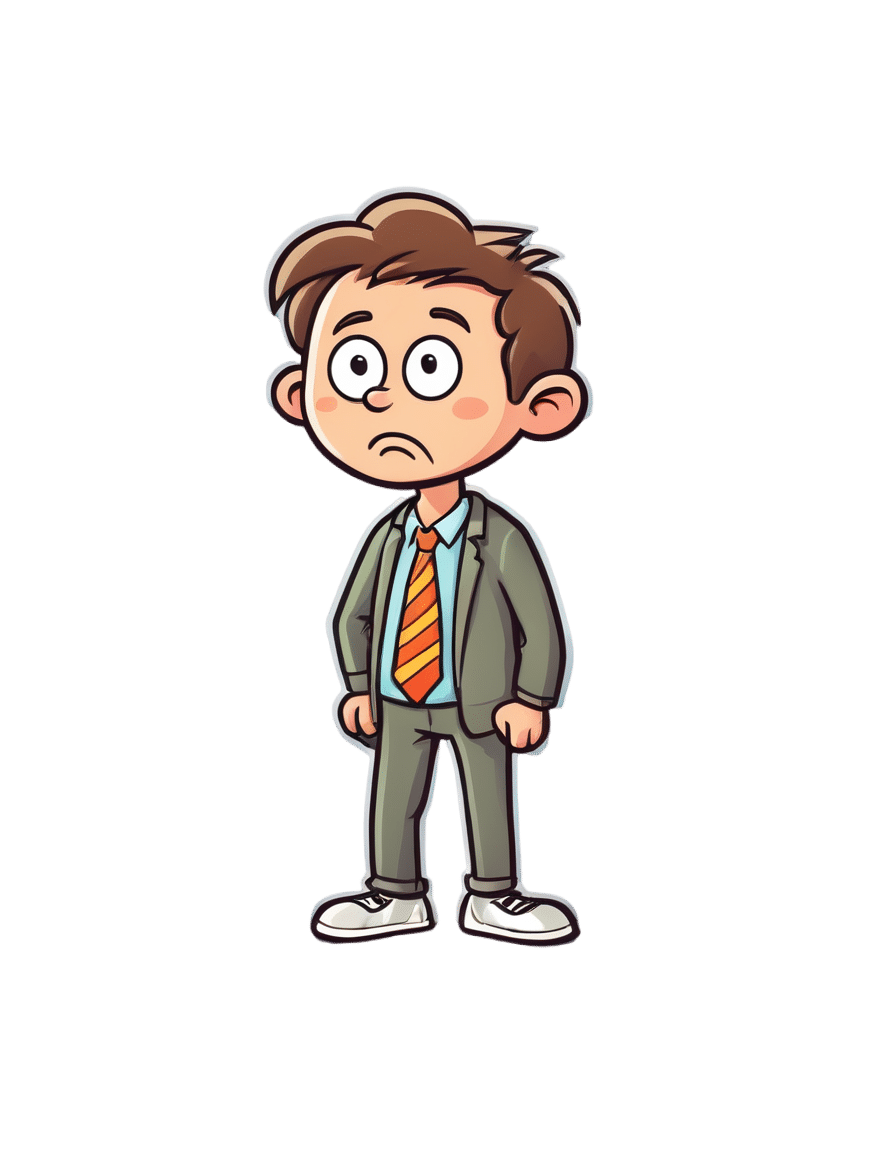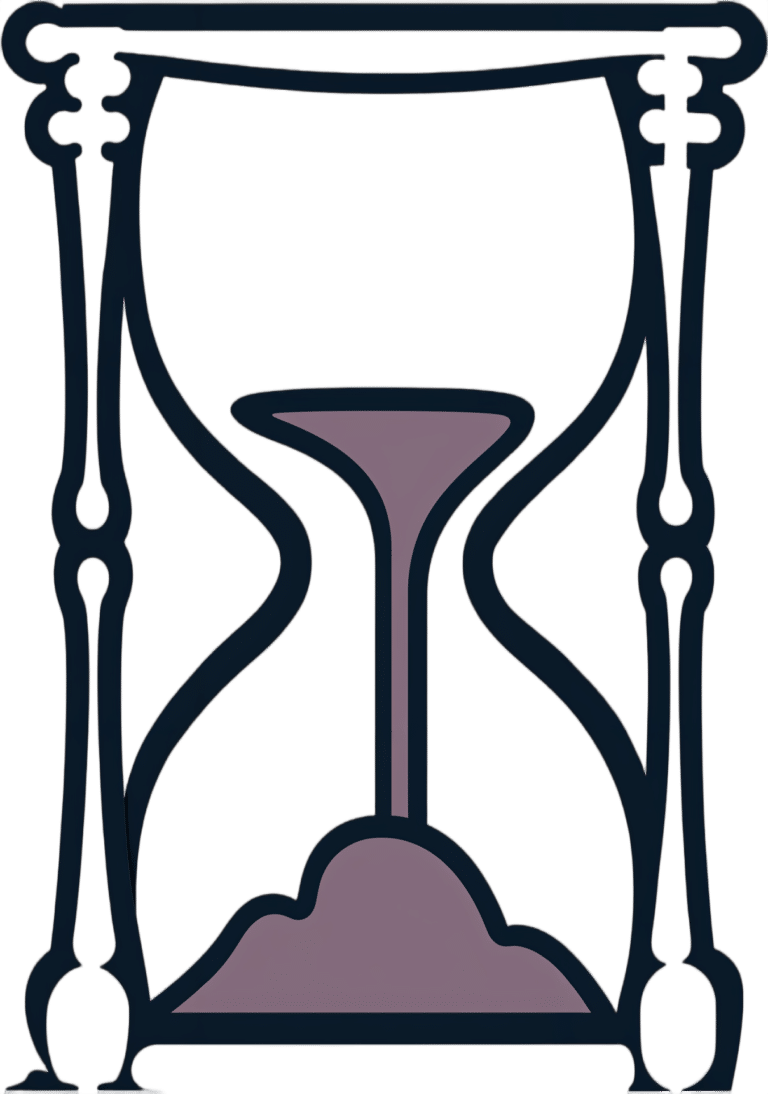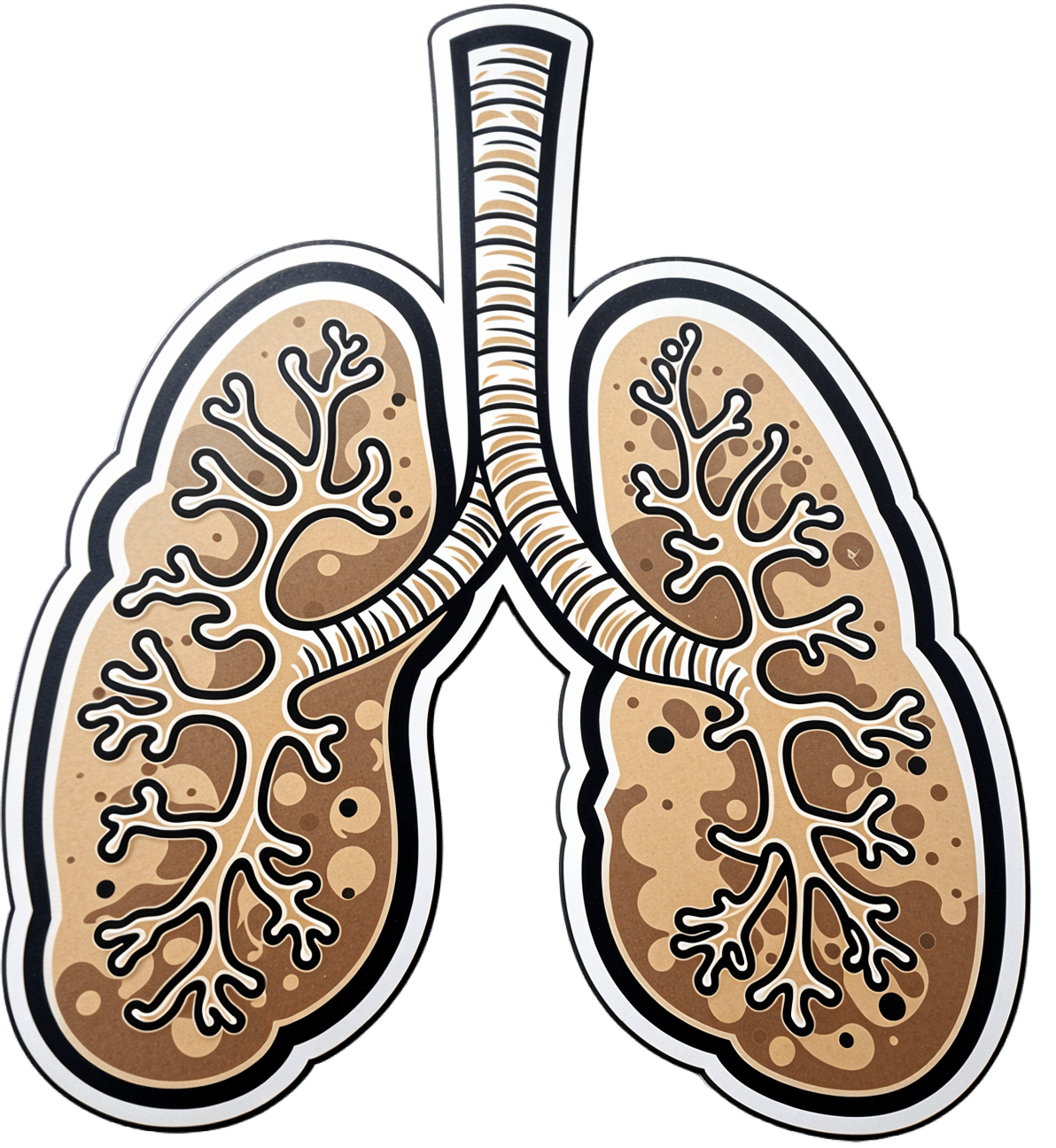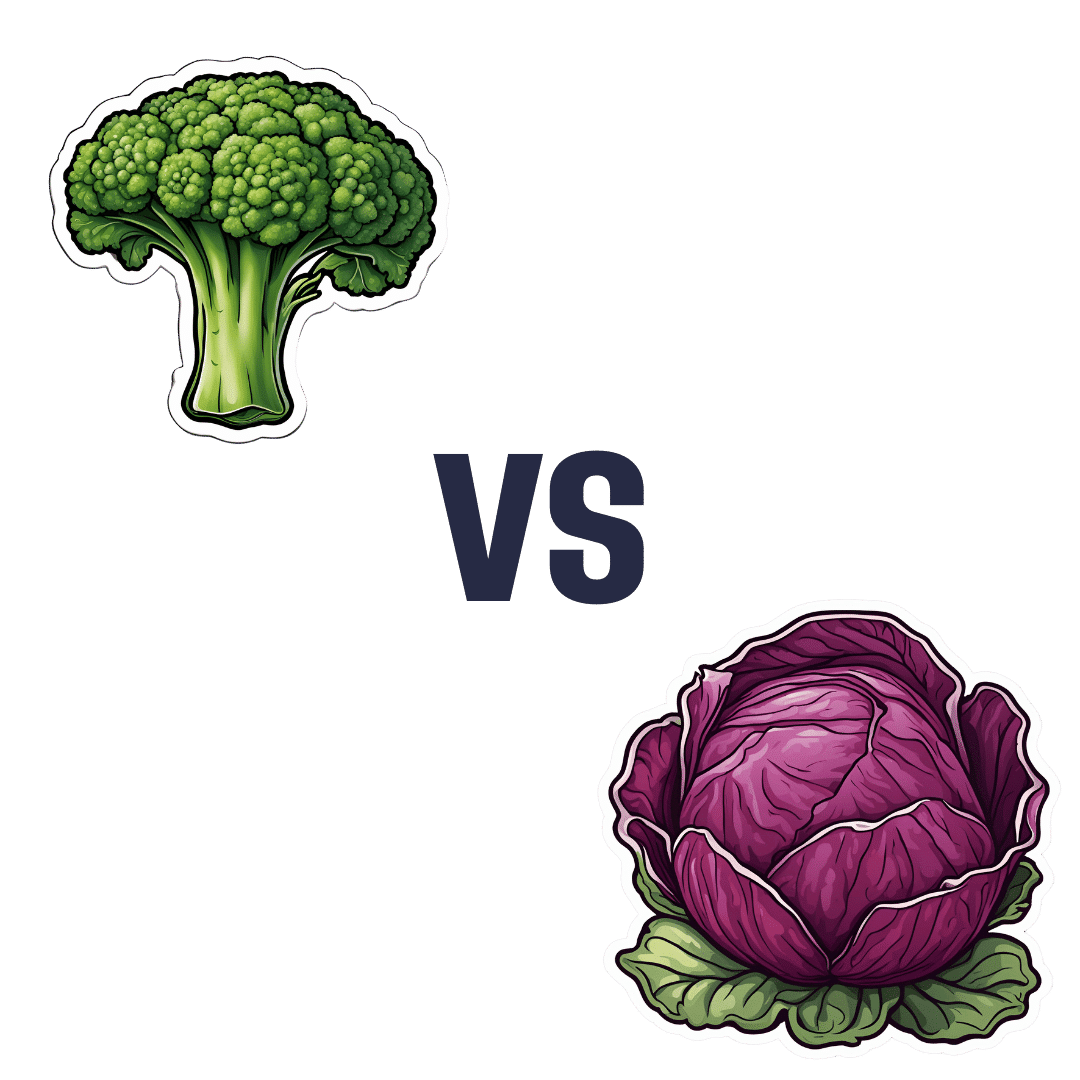
PTSD, But, Well…. Complex.
10almonds is reader-supported. We may, at no cost to you, receive a portion of sales if you purchase a product through a link in this article.
PTSD is typically associated with military veterans, for example, or sexual assault survivors. There was a clear, indisputable, Bad Thing™ that was experienced, and it left a psychological scar. When something happens to remind us of that—say, there are fireworks, or somebody touches us a certain way—it’ll trigger an immediate strong response of some kind.
These days the word “triggered” has been popularly misappropriated to mean any adverse emotional reaction, often to something trivial.
But, not all trauma is so clear. If PTSD refers to the result of that one time you were smashed with a sledgehammer, C-PTSD (Complex PTSD) refers to the result of having been hit with a rolled-up newspaper every few days for fifteen years, say.
This might have been…
- childhood emotional neglect
- a parent with a hair-trigger temper
- bullying at school
- extended financial hardship as a young adult
- “just” being told or shown all too often that your best was never good enough
- the persistent threat (real or imagined) of doom of some kind
- the often-reinforced idea that you might lose everything at any moment
If you’re reading this list and thinking “that’s just life though”, you might be in the estimated 1 in 5 people with (often undiagnosed) C-PTSD.
How About You? Take The (5mins) Test Here
Now, we at 10almonds are not doctors or therapists and even if we were, we certainly wouldn’t try to diagnose from afar. But, even if there’s only a partial match, sometimes the same advice can help.
So what are the symptoms of C-PTSD?
- A feeling that nothing is safe; we might suddenly lose what we have gained
- The body keeps the score… And it shows. We may have trouble relaxing, an aversion to exercise for reasons that don’t really add up, or an aversion to being touched.
- Trouble sleeping, born of nagging sense that to sleep is to be vulnerable to attack, and/or lazy, and/or negligent of our duties
- Poor self-image, about our body and/or about ourself as a person.
- We’re often drawn to highly unavailable people—or we are the highly unavailable person to which our complementary C-PTSD sufferers are attracted.
- We are prone to feelings of rage. Whether we keep a calm lid on it or lose our temper, we know it’s there. We’re angry at the world and at ourselves.
- We are not quick to trust—we may go through the motions of showing trust, but we’re already half-expecting that trust to have been misplaced.
- “Hell is other people” has become such a rule of life that we may tend to cloister ourselves away from company.
- We may try to order our environment around us as a matter of safety, and be easily perturbed by sudden changes being imposed on us, even if ostensibly quite minor or harmless.
- In a bid to try to find safety, we may throw ourselves into work—whatever that is for us. It could be literally our job, or passion projects, or our family, or community, and in and of itself that’s great! But the motivation is more of an attempt to distract ourselves from The Horrors™.
“Alright, I scored more of those than I care to admit. What now?”
A lot of the answer lies in first acknowledging to yourself what happened, to make you feel the way you do now. If you, for example, have an abject hatred of Christmas, what were your childhood Christmases like? If you fear losing money that you’ve accumulated, what underpins that fear? It could be something that directly happened to you, but it also could just be repeated messages you received from your parents, for example.
It could even be that you had superficially an idyllic perfect childhood. Health, wealth, security, a loving family… and simply a chemical imbalance in your brain made it a special kind of Hell for you that nobody understood, and perhaps you didn’t either.
Unfortunately, a difficult task now lies ahead: giving love, understanding, compassion, and reassurance to the person for whom you may have the most contempt in the world: yourself.
If you’d like some help with that, here are some resources:
ComplexTrauma.org (a lot of very good free resources, with no need for interaction)
CPTSD Foundation (mostly paid courses and the like)
Some final words about healing…
- You are in fact amazing,
- You can do it, and
- You deserve it.
Don’t Forget…
Did you arrive here from our newsletter? Don’t forget to return to the email to continue learning!
Recommended
Learn to Age Gracefully
Join the 98k+ American women taking control of their health & aging with our 100% free (and fun!) daily emails:
-
Pneumonia: Prevention Is Better Than Cure
10almonds is reader-supported. We may, at no cost to you, receive a portion of sales if you purchase a product through a link in this article.
Pneumonia: What We Can & Can’t Do About It
Pneumonia is a significant killer of persons over the age of 65, with the risk increasing with age after that, rising very sharply around the age of 85:
While pneumonia is treatable, especially in young healthy adults, the risks get more severe in the older age brackets, and it’s often the case that someone goes into hospital with one thing, then develops pneumonia, which the person was already not in good physical shape to fight, because of whatever hospitalized them in the first place:
American Lung Association | Pneumonia Treatment and Recovery
Other risk factors besides age
There are a lot of things that can increase our risk factor for pneumonia; they mainly fall into the following categories:
- Autoimmune diseases
- Other diseases of the immune system (e.g. HIV)
- Medication-mediated immunosuppression (e.g. after an organ transplant)
- Chronic lung diseases (e.g. asthma, COPD, Long Covid, emphysema, etc)
- Other serious health conditions ← we know this one’s broad, but it encompasses such things as diabetes, heart disease, and cancer
See also:
Why Chronic Obstructive Pulmonary Disease (COPD) Is More Likely Than You Think
Things we can do about it
When it comes to risks, we can’t do much about our age and some of the other above factors, but there are other things we can do to reduce our risk, including:
- Get vaccinated against pneumonia if you are over 65 and/or have one of the aforementioned risk factors. This is not perfect (it only reduces the risk for certain kinds of infection) and may not be advisable for everyone (like most vaccines, it can put the body through its paces a bit after taking it), so speak with your own doctor about this, of course.
- See also: Vaccine Mythbusting
- Avoid contagion. While pneumonia itself is not spread person-to-person, it is caused by bacteria or viruses (there are numerous kinds) that are opportunistic and often become a secondary infection when the immune system is already busy with the first one. So, if possible avoid being in confined spaces with many people, and do wash your hands regularly (as a lot of germs are transferred that way and can get into the respiratory tract because you touched your face or such).
- See also: The Truth About Handwashing
- If you have a cold, or flu, or other respiratory infection, take it seriously, rest well, drink fluids, get good immune-boosting nutrients. There’s no such thing as “just a cold”; not anymore.
- Look after your general health too—health doesn’t exist in a vacuum, and nor does disease. Every part of us affects every other part of us, so anything that can be in good order, you want to be in good order.
This last one, by the way? It’s an important reminder that while some diseases (such as some of the respiratory infections that can precede pneumonia) are seasonal, good health isn’t.
We need to take care of our health as best we can every day along the way, because we never know when something could change.
Want to do more?
Check out: Seven Things To Do For Good Lung Health!
Take care!
Share This Post
-
Eat Better, Feel Better – by Giada de Laurentis
10almonds is reader-supported. We may, at no cost to you, receive a portion of sales if you purchase a product through a link in this article.
In yesterday’s edition of 10almonds, we reviewed Dr. Aujla’s “The Doctor’s Kitchen“; today we’re reviewing a different book about healing through food—in this case, with a special focus on maintaining energy and good health as we get older.
De Laurentis may not be a medical doctor, but she is a TV chef, and not only holds a lot of influence, but also has access to a lot of celebrity doctors and such; that’s reflected a lot in her style and approach here.
The recipes are clear and easy to follow; well-illustrated and nicely laid-out.
This cookbook’s style is less “enjoy this hearty dish of rice and beans with these herbs and spices” and more “you can serve your steak salad with white beans and sweet shallot dressing on a bed of organic quinoa if you haven’t already had your day’s serving of grains, of course”.
It’s a little fancier, in short, and more focused on what to cut out, than what to include. On account of that, this could make it a good contrast to yesterday’s book, which had the opposite focus.
She also recommends assorted adjuvant practices; some that are evidence-based, like intermittent fasting and meditation, and some that are not, like extreme detox-dieting, and acupuncture (which has no bearing on gut health).
Bottom line: if you like the idea of eating for good health, and prefer a touch of celebrity lifestyle to your meals, this one’s a good book for you.
Share This Post
-
Tribulus Terrestris For Testosterone?
10almonds is reader-supported. We may, at no cost to you, receive a portion of sales if you purchase a product through a link in this article.
(Clinical) Trials and Tribul-ations
In the category of supplements that have enjoyed use as aphrodisiacs, Tribulus terrestris (also called caltrop, goat’s head, gokshura, or puncture vine) has a long history, having seen wide use in both Traditional Chinese Medicine and in Ayurveda.
It’s been used for other purposes too, and has been considered a “general wellness” plant.
So, what does the science say?
Good news: very conclusive evidence!
Bad news: the conclusion is not favorable…
Scientists are known for their careful use of clinical language, and it’s very rare for a study/review to claim something as proven (scientists leave journalists to do that part), and in this case, when it comes to Tribulus’s usefulness as a testosterone-enhancing libido-boosting supplement…
❝analysis of empirical evidence from a comprehensive review of available literature proved this hypothesis wrong❞
Strong words! You can read it in full here; they do make some concessions along the way (e.g. mentioning unclear or contradictory findings, suggesting that it may have some effect, but by an as-yet unknown mechanism if it does—although some potential effect on nitric oxide levels has been hypothesized, which is reasonable if so, as NO does feature in arousal-signalling), but the general conclusion is “no, this doesn’t have androgen-enhancing properties”:
Pro-sexual and androgen enhancing effects of Tribulus terrestris L.: Fact or Fiction
That’s a review though, what about taking a look at a representative RCT? Here we go:
❝Tribulus terrestris was not more effective than placebo on improving symptoms of erectile dysfunction or serum total testosterone❞
As a performance-enhancer in sport
We’ll be brief here: it doesn’t seem to work and it may not be safe:
Insights into Supplements with Tribulus Terrestris used by Athletes
From sport, into general wellness?
Finally, a study that finds it may be useful for something!
❝Overall, participants supplemented with TT displayed significant improvements in lipid profile. Inflammatory and hematological biomarkers showed moderate beneficial effects with no significant changes on renal biomarkers. No positive effects were observed on the immune system response. Additionally, no TT-induced toxicity was reported.
In conclusion, there was no clear evidence of the beneficial effects of TT supplementation on muscle damage markers and hormonal behavior.❞
About those lipids…
Animal studies have shown that it may not only improve lipid profiles, but also may partially repair the endothelial dysfunction resulting from hyperlipidemia:
Want to try some?
In the unlikely event that today’s research review has inspired you with an urge to try Tribulus terrestris, here’s an example product on Amazon
If on the other hand you’d like to actually increase testosterone levels, then we suggest:
Topping Up Testosterone? ← a previous main feature did earlier this year
Take care!
Share This Post
Related Posts
-
What Most People Don’t Know About Hearing Aids
10almonds is reader-supported. We may, at no cost to you, receive a portion of sales if you purchase a product through a link in this article.
Dr. Juliëtte Sterkens, a doctor of audiology, makes things clearer in this TEDx talk:
The sound of the future
Half of all adults experience hearing loss by the age of 75, and by 85, that goes up to two thirds. Untreated hearing loss leads to depression, social isolation, cognitive decline, and even an increased fall risk.
It’s not just about reduced volume though; Dr. Sterkens points out that for many (like this writer!) it’s more a matter of unequal pitch perception and difficulty in speech clarity. Most hearing aids just amplify sound, and don’t fully restore clarity, especially beyond a short range.
However, technology keeps marching forwards there have been improvements in the move from analog to digital, and today’s bluetooth-enabled hearing aids often do a lot better, especially in the case of things like TV transmitters and clip-on microphones.
Out and about, you might see signs sometimes saying “Hearing Loop Enabled”, and those transmit sound directly to telecoil-equipped hearing aids—venues with public address systems are legally required to provide hearing accommodations like this. Many hearing aids include telecoils, but users often aren’t informed or don’t have them activated, which is unfortunate, because telecoils improve hearing dramatically in loop-enabled venues.
Dr. Sterkens makes a plea for us to, as applicable,
- Activate telecoils and insist on them in new hearing aids.
- Advocate for assistive listening systems in public venues.
- Use available resources like the Hearing Loss Association of America for tools and information.
- Familiarize ourselves with accessibility laws and report non-compliance.
- Aim to make the world more accessible for people with hearing loss through advocacy, technology, and awareness.
For more on all of this, enjoy:
Click Here If The Embedded Video Doesn’t Load Automatically!
Want to learn more?
You might also like to read:
Take care!
Don’t Forget…
Did you arrive here from our newsletter? Don’t forget to return to the email to continue learning!
Learn to Age Gracefully
Join the 98k+ American women taking control of their health & aging with our 100% free (and fun!) daily emails:
-
Broccoli vs Red Cabbage – Which is Healthier?
10almonds is reader-supported. We may, at no cost to you, receive a portion of sales if you purchase a product through a link in this article.
Our Verdict
When comparing broccoli to red cabbage, we picked the broccoli.
Why?
Both are certainly great! Which is usual for any Brassica oleracea cultivar (as both of these vegetables are). But there is a clear winner:
In terms of macros, broccoli has more fiber and protein, while red cabbage has more carbs. Now, nobody is getting metabolic disease from eating cabbage, but by the numbers, this is a simple win for broccoli, especially on account of the fiber.
In the category of vitamins, broccoli has more of vitamins B1, B2, B3, B5, C, E, K, and choline, while red cabbage has more of vitamins A and B6. Another win for broccoli.
When it comes to minerals, it’s a similar story: broccoli has more copper, magnesium, phosphorus, potassium, selenium, and zinc, while red cabbage has more iron and manganese. They’re equal in calcium, by the way. Broccoli wins again.
Looking at polyphenols, both cultivars have plenty, but broccoli has more in total, as well as more variety, so yet another win for broccoli here.
Now, standing next to broccoli has made red cabbage look bad, but we want to assure you that red cabbage is itself a nutritional powerhouse—broccoli is just even more so.
So of course, by all means do enjoy either or both; diversity is good!
Want to learn more?
You might like:
21 Most Beneficial Polyphenols & What Foods Have Them
Enjoy!
Don’t Forget…
Did you arrive here from our newsletter? Don’t forget to return to the email to continue learning!
Learn to Age Gracefully
Join the 98k+ American women taking control of their health & aging with our 100% free (and fun!) daily emails:
-
Small Changes For A Healthier Life
10almonds is reader-supported. We may, at no cost to you, receive a portion of sales if you purchase a product through a link in this article.
It’s Q&A Day at 10almonds!
Have a question or a request? You can always hit “reply” to any of our emails, or use the feedback widget at the bottom!
In cases where we’ve already covered something, we might link to what we wrote before, but will always be happy to revisit any of our topics again in the future too—there’s always more to say!
As ever: if the question/request can be answered briefly, we’ll do it here in our Q&A Thursday edition. If not, we’ll make a main feature of it shortly afterwards!
So, no question/request too big or small
I am interested in what I can substitute for ham in bean soup?
Well, that depends on what the ham was like! You can certainly buy ready-made vegan lardons (i.e. small bacon/ham bits, often in tiny cubes or similar) in any reasonably-sized supermarket. Being processed, they’re not amazing for the health, but are still an improvement on pork.
Alternatively, you can make your own seitan! Again, seitan is really not a health food, but again, it’s still relatively less bad than pork (unless you are allergic to gluten, in which case, definitely skip this one).
Alternatively alternatively, in a soup that already contains beans (so the protein element is already covered), you could just skip the ham as an added ingredient, and instead bring the extra flavor by means of a little salt, a little yeast extract (if you don’t like yeast extract, don’t worry, it won’t taste like it if you just use a teaspoon in a big pot, or half a teaspoon in a smaller pot), and a little smoked paprika. If you want to go healthier, you can swap out the salt for MSG, which enhances flavor in a similar fashion while containing less sodium.
Wondering about the health aspects of MSG? Check out our main feature on this, from last month:
I thoroughly enjoy your daily delivery. I’d love to see one for teens too!
That’s great to hear! The average age of our subscribers is generally rather older, but it’s good to know there’s an interest in topics for younger people. We’ll bear that in mind, and see what we can do to cater to that without alienating our older readers!
That said: it’s never too soon to be learning about stuff that affects us when we’re older—there are lifestyle factors at 20 that affect Alzheimer’s risk at 60, for example (e.g. drinking—excessive drinking at 20* is correlated to higher Alzheimer’s risk at 60).
*This one may be less of an issue for our US readers, since the US doesn’t have nearly as much of a culture of drinking under 21 as some places. Compare for example with general European practices of drinking moderately from the mid-teens, or the (happily, diminishing—but historically notable) British practice of drinking heavily from the mid-teens.
How much turmeric should I take each day?
Dr. Michael Greger’s research (of “Dr. Greger’s Daily Dozen” and “How Not To Die” fame) recommends getting at least ¼ tsp turmeric per day
Remember to take it with black pepper though, for a 2000% absorption bonus!
A great way to get it, if you don’t want to take capsules and don’t want to eat spicy food every day, is to throw a teaspoon of turmeric in when making a pot of (we recommend wholegrain!) rice. Turmeric is very water-soluble, so it’ll be transferred into the rice easily during cooking. It’ll make the rice a nice golden yellow color, and/but won’t noticeably change the taste.
Again remember to throw in some black pepper, and if you really want to boost the nutritional content,some chia seeds are a great addition too (they’ll get cooked with the rice and so it won’t be like eating seeds later, but the nutrients will be there in the rice dish).
You can do the same with par-boiled potatoes or other root vegetables, but because cooking those has water to be thrown away at the end (unlike rice), you’ll lose some turmeric in the water.
Request: more people need to be aware of suicidal tendencies and what they can do to ward them off
That’s certainly a very important topic! We’ll cover that properly in one of our Psychology Sunday editions. In the meantime, we’ll mention a previous special that we did, that was mostly about handling depression (in oneself or a loved one), and obviously there’s a degree of crossover:
The Mental Health First-Aid That You’ll Hopefully Never Need
Don’t Forget…
Did you arrive here from our newsletter? Don’t forget to return to the email to continue learning!
Learn to Age Gracefully
Join the 98k+ American women taking control of their health & aging with our 100% free (and fun!) daily emails:







